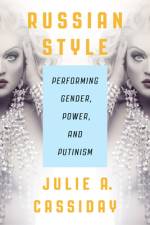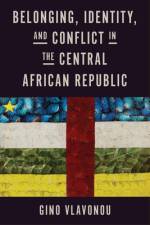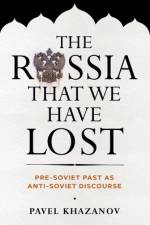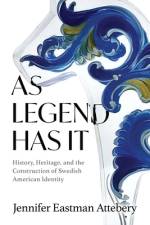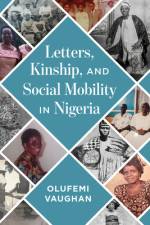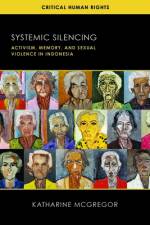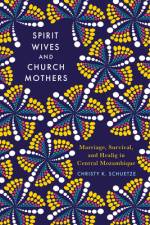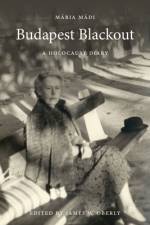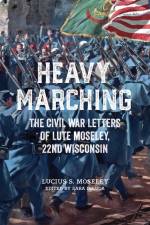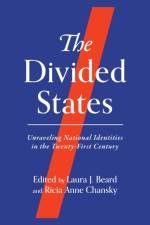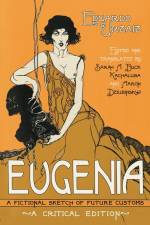av Lucius S Moseley
481
"The American Civil War has been thoroughly researched and documented by historians over many decades, but it is the individual accounts from those who lived it that personalize this tumultuous time in our nation's history. Lucius S. Moseley's letters to his family in Beloit, Wisconsin, during his three years of service in the 22nd Wisconsin Volunteer Regiment, provide a uniquely candid view from an infantry soldier, through periods of waiting and watching, battle, capture, imprisonment and parole. His writings invite us into scenes of camp life, exhausting drilling and marching, the fall of Atlanta and Sherman's March to the Sea, so many "terrible happenings of war." He freely shares his hopes, complaints, fears and frustrations, alternating between attempts to soothe his parents' worries ("Now I beg you, don't feel the least uneasy about me") to admitting his concerns for survival ("I hope I will be spared but young men as anxious to live as I have to fall.") While "Lute" frequently apologizes for his poor letters, they are filled with vivid details and honest reflections. His march of days - many tedious, some terrorizing - becomes a journey toward greater compassion. Through it all, letters to and from family are a lifeline, for writer and recipient alike. Lute speaks of his sympathy for the black soldiers who cannot read or write and have no way to stay in touch with their own families. He cannot imagine enduring the war without that communication. On April 17, 1864, he writes, "I didn't know until I came into the army how precious everything at home is." By the time the battles are over, an estimated 750,000 men have lost their lives in this brutal war. The scale of suffering, by civilians as well as soldiers, is immeasurable. Lucius Moseley is one of the lucky ones. When he is mustered out in June, 1865, he returns to a peaceful life of farming, family and community. At the age of twenty-two, he has seen more loss and tragedy than most people can know in a lifetime. He also carries a sense of pride for having helped to preserve the union and bring an end to chattel slavery. The boy has become a man"--

